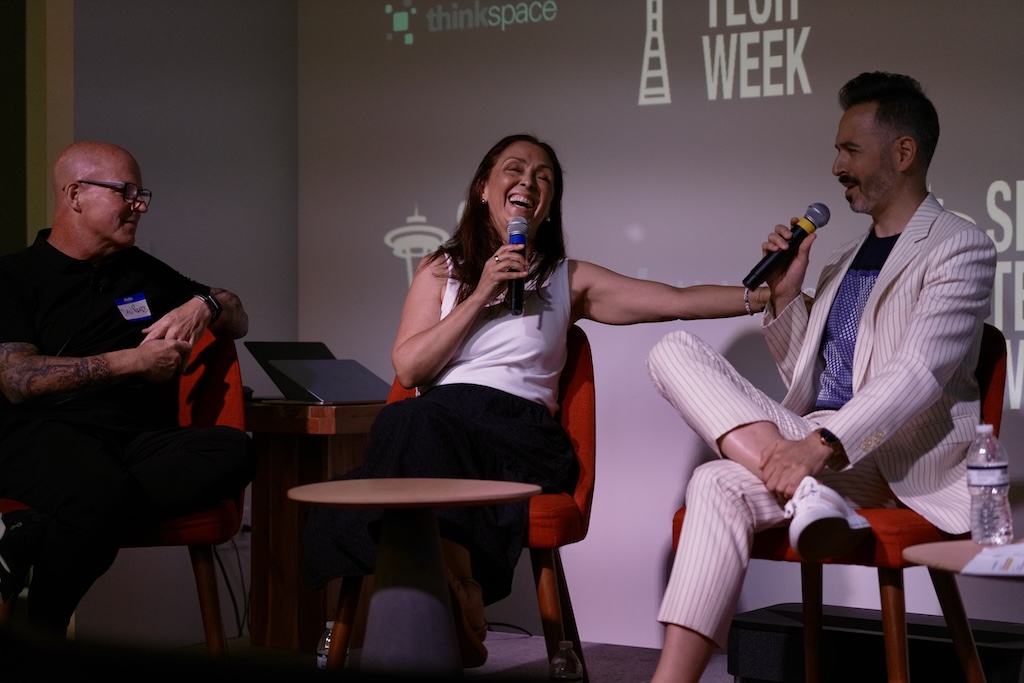The home office is where a lot of entrepreneurs and startups begin for what I think are obvious reasons: it’s at no cost and a safe place to build. You can take conference calls or meetings either at your desk or off-site at your favorite coffee shop and the flexibility is great. I can’t pretend I don’t enjoy a work-from-home day because during short breaks I can be productive with chores, what I believe is a perk of working at home. For example, I can do the laundry while writing a blog post. At what point though, is your home office costing you? What comes to mind immediately is that clients might not take you seriously as a business simply because you don’t look professional. At a certain point, the coffee shop meetings are no longer appropriate it and a professional conference room is necessary. Although being able to do laundry during breaks is a perk for me, ultimately, chores become distractions. TV, pets and children at home are all potential disruptions that could eat into your productiveness.
Home offices might work for many, but Tony Hsieh, CEO of Zappos, has many thoughts on why you shouldn’t be working in isolation. He claims working near others is beneficial for your business. His thoughts on home offices would be inline with costing you your entrepreneurial abilities. Collision is, as Tony Hsieh describes, the core of an entrepreneurial community. Though there are certainly benefits of working at home, Hsieh believes collision has a big effect on your abilities. “[He] thinks about it in terms of density. The average density of office space in the US is about 300 square feet per employee—including hallways, conference rooms, et cetera.” At Zappos employees are at about 100 square feet. Their reason is based on research showing that “if you sit twice as far away from someone in an office environment, you don’t see them half as often—you see them half as often squared, so a quarter as often.” He continues to share that “it’s about how often you run into different, diverse people that you might have a random conversation with and ultimately end up collaborating with.” This is part of the beauty of a coworking community.
At thinkspace we have Experts in Residence, happy hours, and lunch and learns to bring community together. We continue to create opportunities for “collision” in this way, as we understand the effect it can have for our community. Asking thinkspace Seattle Expert in Residence, Michael Elliott of Rocketdog Communications why he moved his business out of his home he explained that while he he still works at home occasionally, it’s for all the reasons above he has made thinkspace his professional address and working space. Having a professional space to meet with clients, for collaboration with other entrepreneurs, and the programming we create are all reasons thinkspace stays successful. We’re not just talking about building community, we’re doing it.
